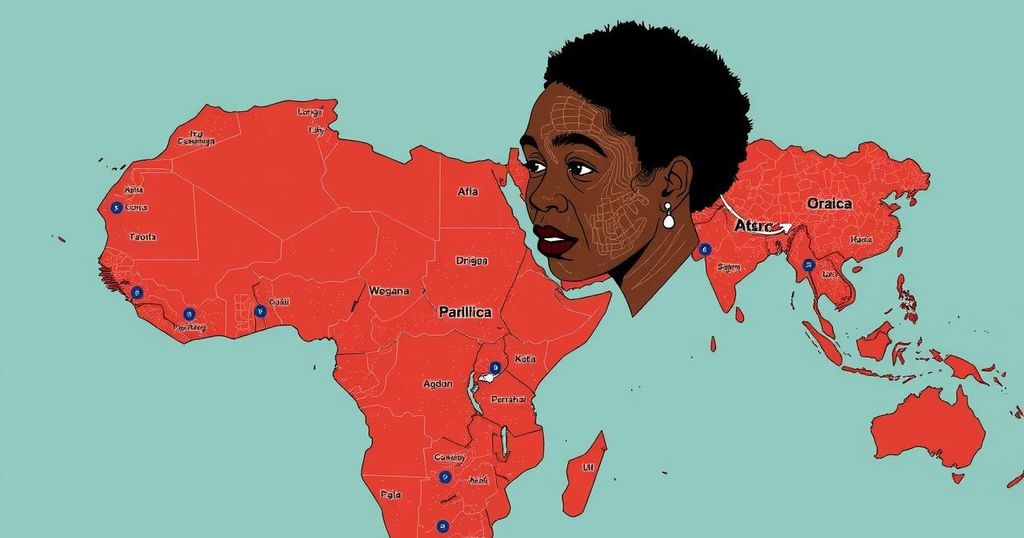Elections in Southern Africa in 2024 catalyzed significant political changes, particularly for long-dominant liberation parties, as younger voters increasingly prioritize effective governance over historical allegiances. Notable outcomes include Botswana’s opposition victory, South Africa’s ANC losing its majority, and SWAPO in Namibia narrowly retaining power. The region’s political landscape is shifting, reflecting a growing demand for accountability and economic opportunity, particularly among youth disenfranchised by traditional party narratives.
In 2024, elections in Southern Africa signaled significant political shifts, particularly concerning long-governing liberation parties. Traditionally stable democracies in this region faced major challenges as voters, increasingly composed of younger individuals, began prioritizing present-day governance over historical legacies of liberation. The notable defeats of parties like Botswana’s Democratic Party, South Africa’s African National Congress, and Namibia’s SWAPO underscore a regional trend where economic hardship and youth disenchantment with former liberation movements have catalyzed political change. Notably, Botswana experienced a significant transition of power, with its opposition winning decisively, marking the end of decades of single-party rule. Similarly, the ANC lost its majority, prompting a coalition government for the first time in South Africa since apartheid. In Namibia, SWAPO narrowly retained its majority with the election of its first female president but showed a marked decline in parliamentary support. In Mozambique and Comoros, recent election outcomes fueled protests against the ruling parties, reflecting widespread discontent with governance and a yearning for accountability. These developments highlight a broader continental trend where traditional parties are increasingly challenged and the push for democratic accountability grows stronger, especially among younger populations that are keen to voice their demands for change.
Southern Africa has historically experienced relative political stability compared to other regions of Africa, often characterized by long-standing liberation movements that transitioned into ruling parties post-independence. However, as economic conditions have deteriorated and public discontent has risen, particularly among the youth, there has been a noticeable shift in political allegiances. Younger voters, who grew up without the lived experiences of colonial oppression, are increasingly focused on immediate economic concerns rather than historical narratives, prompting significant electoral outcomes where traditional parties are losing influence and power. The 2024 elections serve as crucial indicators of this changing political landscape, with implications for governance and social stability in the region.
The elections of 2024 in Southern Africa signal a pivotal moment in the region’s political landscape, characterized by significant changes in voter sentiment and party fortunes. Long-standing liberation parties, once seen as unassailable, are now facing challenges rooted in economic issues and a disillusioned youth population. This shift not only reflects a demand for responsive governance but also highlights a broader continental trend towards accountability and political reform. As younger generations continue to gain political power, the future of governance in Southern Africa may see a transformation that prioritizes contemporary issues over historical legacies.
Original Source: apnews.com






